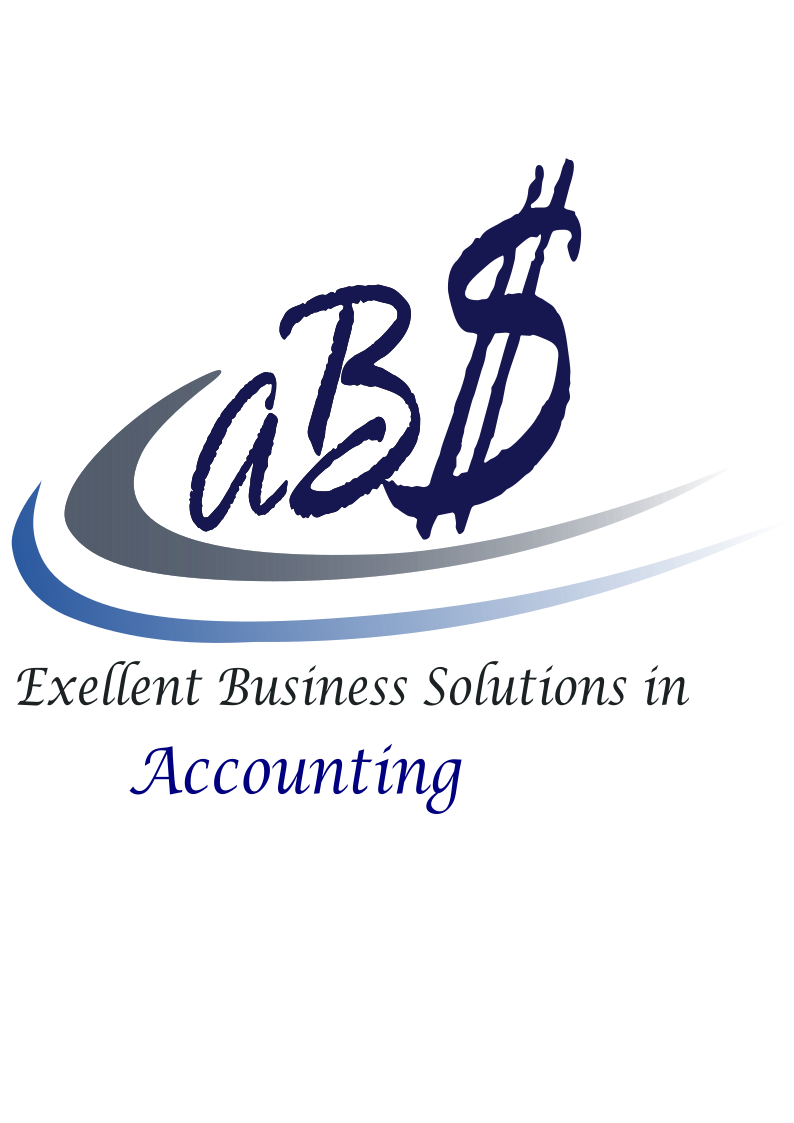Personal use of company assets

When examining private corporations, we frequently come across a prevalent mistake: possessing personal use assets as corporate assets. Shareholders may assume that buying assets within the corporation is tax-efficient. However, utilizing corporate property for personal purposes by a shareholder is subject to taxation as a benefit. Typically, the benefit amount is equivalent to the property's fair market rental value, minus any rent actually paid by the shareholder.
Regrettably, the tax implications of a corporation procuring personal use assets are unappealing. It's quite common for corporations to possess vacation homes, cars, boats, art collections, etc. The most prevalent scenarios we encounter are vacation properties and, in rare cases, the shareholder(s)' primary residence. There have been numerous tax-related legal cases involving this matter. The most significant tax outcome is that the shareholder(s) typically receive a taxable benefit from the corporation, indicating that the corporation has granted the shareholders a benefit. The obvious query is how to compute the magnitude of this benefit.
In the case of Mullen v. The Minister of National Revenue 90 DTC 1551, specific individual shareholders of a holding company, which owned shares of a subsidiary company, were reevaluated by the Minister of National Revenue for a shareholder benefit linked to the use of a California condo owned by the subsidiary company, which the individuals seldom used. During the days they did utilize the condo, they had included $100 each/day in their income. CRA reevaluated the individuals for the days the condo was unoccupied as well. Nevertheless, during the appeal, it was determined that the individuals did not receive a benefit during the vacant days. In practice, this method of computation is generally deemed acceptable: determining a reasonable rent or hotel rate that an arm's length party would pay.
Nonetheless, subsequent to Mullen, two significant cases, particularly Youngman v. The Queen 90 DTC v. The Queen 97 DTC 5449 (FCA), have demonstrated that the fair market rental value is not an appropriate method for determining the extent of the shareholder benefit.
In both instances, the court established that an equity rate of return on the personal use assets was the correct criteria to determine the benefit. In other words, what sum would the shareholder have had to pay under comparable circumstances to obtain the same benefit from a company in which they were not a shareholder. This is, naturally, a matter of fact, but adhering to the legal principles mentioned above may lead to astounding shareholder benefit inclusions that significantly exceed fair market rental values.
The appropriateness of the cost of capital approach to determine the shareholder benefit was recently contested in Arpeg (Holdings) Ltd. v. The Queen (FCA) 2008 DTC 6087. However, the Federal Court of Appeal rejected the challenge. The Canada Revenue Agency affirms that it computes the extent of the benefit using the rate of return method, as outlined in Interpretation Bulletin IT-432R2.
Apart from the taxable benefits, owning personal use real estate property via a corporation can have additional tax implications.
Specifically, the principal residence exemption may not apply upon the corporation's ultimate disposal of the property. (As a gentle reminder, Canadian residents can apply the principal residence exemption if they habitually use the property as their personal residence and it is not a rental property). Any surplus withdrawn from the corporation will also likely incur certain tax amounts. As a result, owning personal use property through a corporation can create significant complications with limited planning options to mitigate the adverse consequences.
We typically advise against holding personal use property within a corporation to avoid the substantial taxable benefits and issues associated with this matter.
As a general rule, we advise business proprietors to avoid their corporations owning personal-use assets.
Caution is advised!
Get in touch with me to discover strategies for optimizing your tax savings @ 604-727-1540

Disclaimer:
“Please note that the information provided in this article is of a general nature and may not be accurate for your specific situation. The information is current as of the date of posting and is not intended to provide legal advice. It's always recommended that you consult with a professional accountant and lawyer for personalized guidance and advice."



